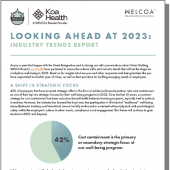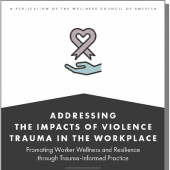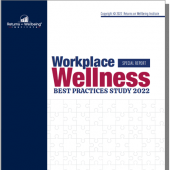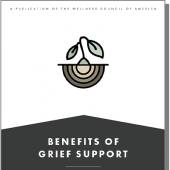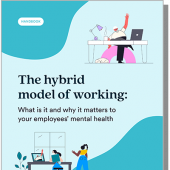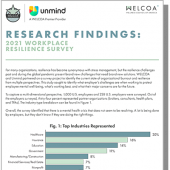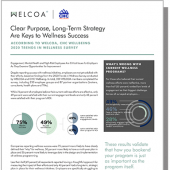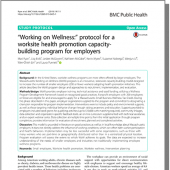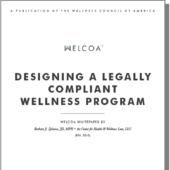WELCOA and Koa Health have partnered to assess the cultural shifts and industry trends that will set the stage for workplace well-being in 2023. Read on for insights into how you and other corporate well-being leaders like you have responded to another year of crises, as well as best practices for tackling emerging needs of employees.
View Resource

